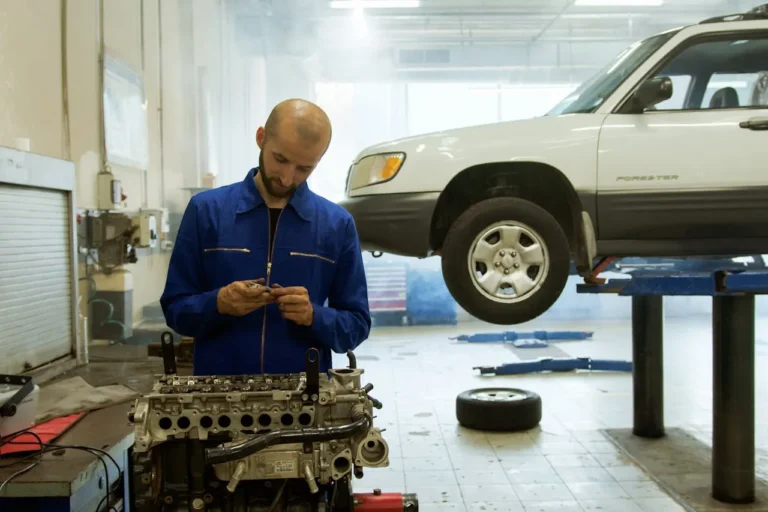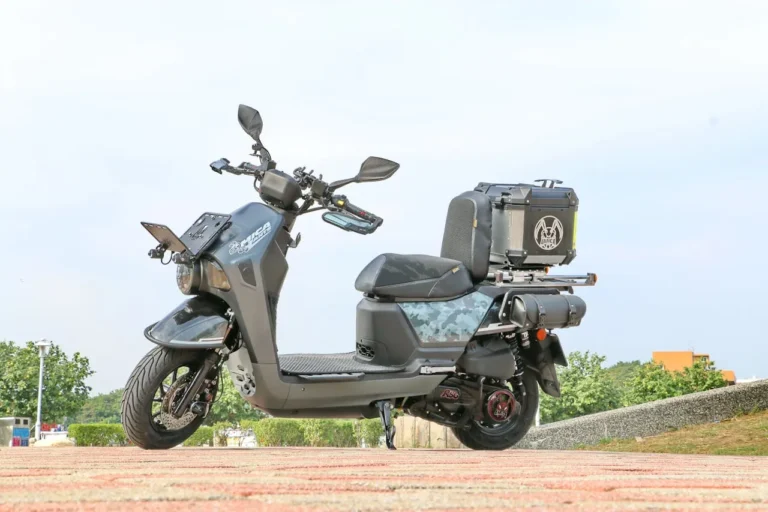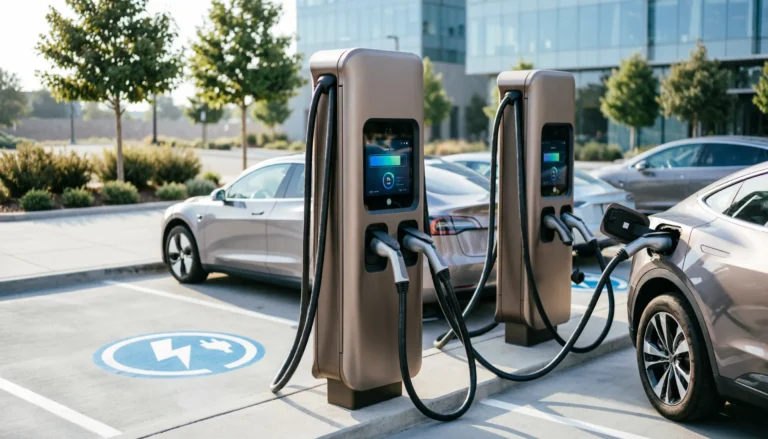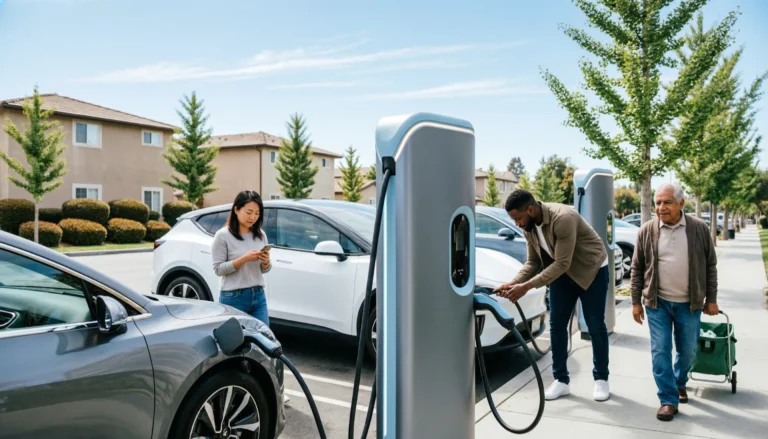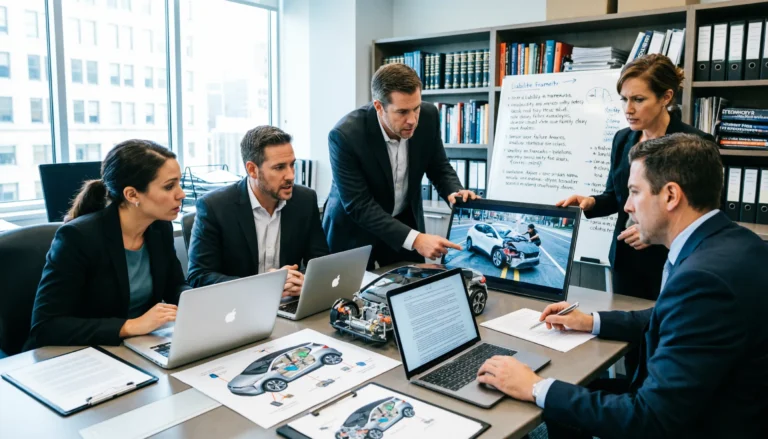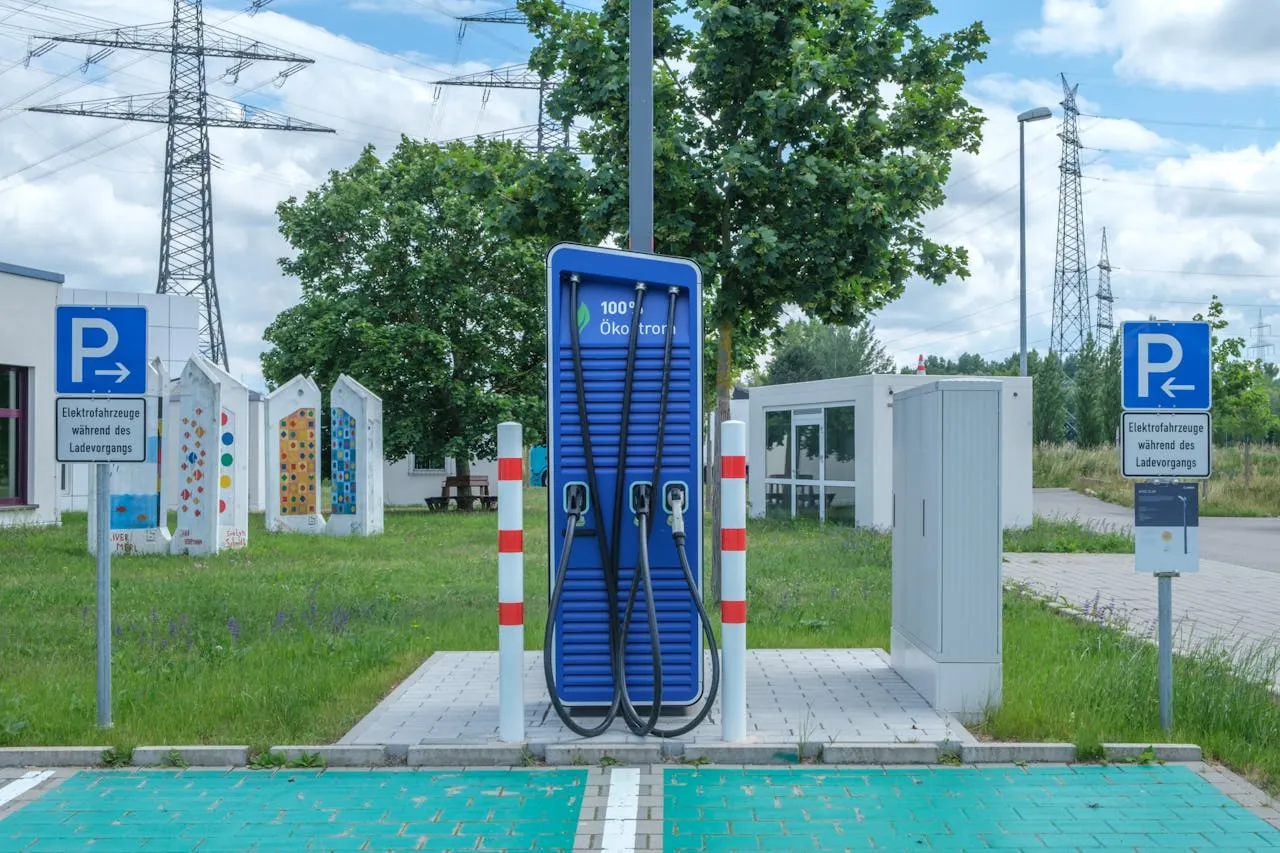
Bojangles Embarks on Nationwide EV Charging Rollout Through Strategic Partnership With Alyath and Smart Big Box
Bojangles, the iconic Southern quick-service restaurant chain known for its flavorful fried chicken, buttermilk biscuits, and legendary iced tea, is preparing to electrify the customer experience—literally. In a bold move that blends sustainability with innovation, Bojangles has announced a landmark partnership with Alyath EV, Smart Big Box, and Energy and Environmental Design Services (EEDS) to deploy electric vehicle (EV) charging stations at the majority of its locations across the United States.
This initiative marks one of the most significant sustainability-driven steps ever taken in the quick-service restaurant (QSR) sector. The collaboration aims to provide EV drivers with convenient, high-efficiency charging infrastructure while they enjoy Bojangles’ signature menu offerings. The charging stations will include a mix of Level 2 (medium-speed) and Level 3 (fast) chargers, delivering an uptime rate of over 97%. Each participating Bojangles location will be equipped with a minimum of four charging spots.
A New Era of Convenience and Clean Energy
“At Bojangles, we’re committed to enhancing the guest experience in every way possible—from food quality to service and now, sustainability,” said Richard Del Valle, Chief Information Officer at Bojangles. “Partnering with Alyath and Smart Big Box enables us to introduce a new layer of convenience that aligns with today’s changing customer expectations. These state-of-the-art EV chargers will not only provide much-needed accessibility for our guests who drive electric vehicles, but they also reflect our brand’s investment in a more environmentally responsible future.”
The initiative positions Bojangles as one of the first major players in the fast-food sector to implement such an expansive EV charging rollout. As electric vehicle adoption accelerates across the country—fueled by growing environmental consciousness and evolving government mandates—the demand for fast, accessible, and dependable charging infrastructure has become more pressing than ever.
By strategically integrating EV charging with its restaurant operations, Bojangles is not only creating a practical solution for EV drivers but also helping to normalize clean transportation choices in traditionally underserved areas, particularly in the American South where Bojangles has its strongest footprint.
Industry Collaboration for Seamless Execution
The rollout will be powered by a multi-stakeholder ecosystem. Alyath EV, known for its robust electric mobility solutions, will serve as the primary technology provider. Its charging platforms are designed to offer high-speed, user-friendly experiences that integrate with mobile platforms for easy access and payment.
“We’re excited to work with Bojangles to bring dependable and easy-to-use EV charging to communities across the country,” said Cristiane Rosul, CEO of Alyath. “This partnership isn’t just about installing chargers—it’s about rethinking how we pair energy needs with everyday routines. When drivers can recharge their cars while enjoying a meal, we reduce range anxiety and make clean transportation part of daily life. Bojangles is taking a leadership role in that transformation.”
Smart Big Box, a leading infrastructure developer, will handle site planning and deployment logistics. Their role will be complemented by Energy and Environmental Design Services (EEDS), which has been appointed the exclusive installer and maintenance partner for the network. EEDS will ensure the operational integrity of each station, adhering to strict performance metrics and sustainability guidelines to maintain an industry-leading uptime of over 97%.
Together, the trio of partners provides a fully turnkey solution—from charger installation and energy sourcing to long-term technical support and customer experience optimization.
Meeting the Needs of the Modern Traveler
The shift toward electric vehicles is not just a passing trend; it represents a long-term transformation in mobility. According to the U.S. Department of Energy, EV sales have increased exponentially in recent years, with projections indicating that one in four new cars sold in the U.S. could be electric by 2030. Bojangles’ move to accommodate EV users reflects both a response to current demand and a future-proofing strategy as the electrification of transportation accelerates.
The QSR sector is uniquely positioned to support the charging needs of EV drivers, many of whom are looking for brief stops during road trips or daily commutes. By co-locating EV chargers at its restaurants, Bojangles enables drivers to recharge their vehicles in tandem with enjoying a hot meal or coffee, eliminating the need for separate charging stops.
Moreover, Bojangles restaurants—often located along major roadways and in suburban and semi-rural areas—fill an important infrastructure gap. In many such regions, reliable charging stations remain scarce. This rollout has the potential to increase EV adoption by providing critical coverage in areas previously lacking fast-charging access.
Timeline and Customer Rollout
The first EV charging stations are set to be installed starting in the fourth quarter of 2025. By mid-2026, Bojangles anticipates that a significant portion of its corporate and franchised locations will feature charging capabilities, with installation prioritizing high-traffic and strategic travel corridors.
For guests, the experience will be intuitive and seamless. Customers can expect easy-to-locate chargers in restaurant parking lots, fast charging speeds compatible with most EV models, and integrated digital support for payments and usage tracking. The stations will be clearly marked and include user-friendly instructions, making them accessible for both first-time and experienced EV drivers.
Bojangles also plans to market the rollout with in-store signage, mobile app updates, and digital media to raise awareness of the new amenity. In doing so, the company is not only catering to an emerging demographic of EV owners but also enhancing its brand image as a forward-thinking, eco-conscious business.


